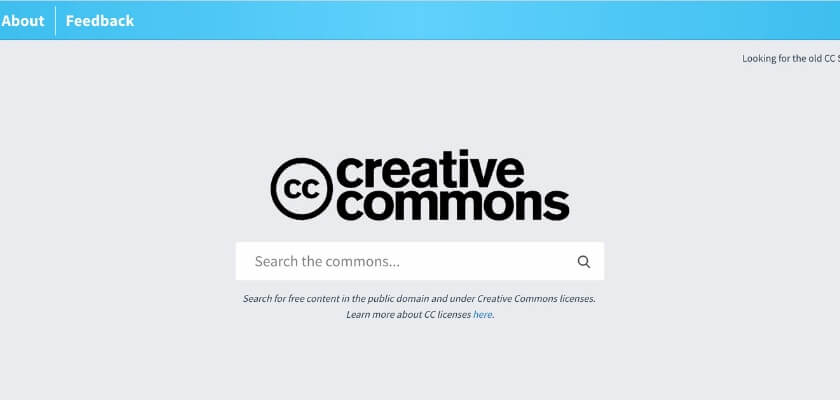Nonprofit organization Creative Commons publicly launched its search engine today, which allows you to search the commons’ archive of free content available in the public domain under the Creative Commons licenses.
Currently, the search engine indexes millions of CC-licensed images. The search engine was beta tested for over two years and the long-term plan of Creative Commons is to grow the search engine to index other CC-licensed works such as open textbooks, audio and more.
“We want to make the commons more usable, and this is our next step in that direction,” said Ryan Merkley, CEO of Creative Commons.
Though search giants such as Google and Flickr offer tools that help you filter CC-licensed images, the Creative Commons website still experienced significant traffic over time. This steady flow of traffic to their website motivated Creative Commons to build an improved search experience for its users.
When compared to the beta version, the latest search engine comes with major design updates and includes more than 300 million images indexed from several collections. The beta version had a mere 9.5 million images available and its sources including the New York Public Library, Metropolitan Museum of Art, Flickr, 500px and Rijksmuseum. The latest version features images from 19 collections including Cleveland Museum of Art, DeviantArt and more. The organization said that their catalog will grow and feature many more significant collections.
Apart from improved collections and a number of images, CC Search has a cleaner homepage with improved navigation, design alignment and filters. On the back end, the search engine has been tuned to optimize loading times and search-phrase relevance. They have also added analytics to understand the search trends and users better. The search engine is also linked to the Creative Commons homepage replacing the old search portal.
In this quarter, features such as advanced filters to the homepage, ability to browse collections without entering search terms and improved user experience on mobile devices is being integrated in the CC Search. A part of the development work will be taken up by the Google Summer of Code students, starting next month. Creative Commons is open to contribution from the community and has made all their code open source.
Flickr has had a sizeable CC-licensed image collection and when it moved to a new business model, there was a possibility of losing millions of CC-licensed images it hosted. However, the launch of CC Search has made all such images available and discoverable.













